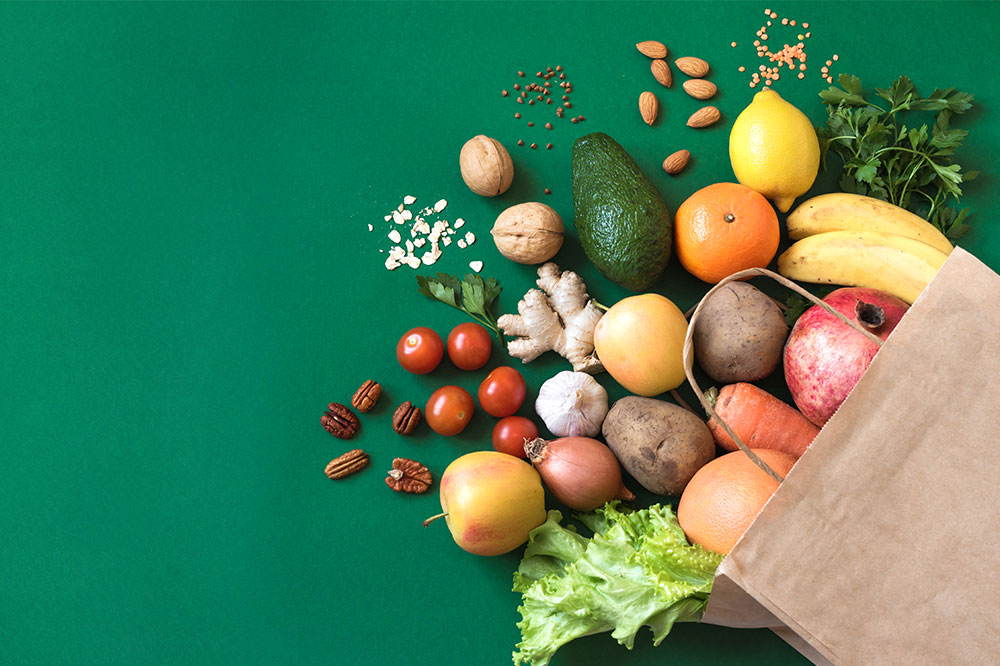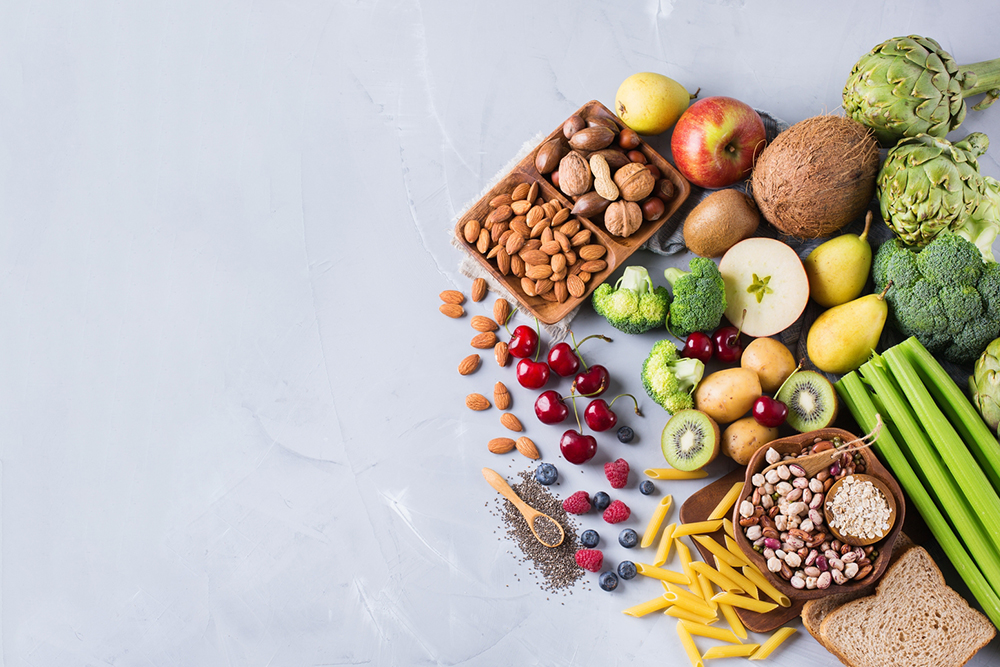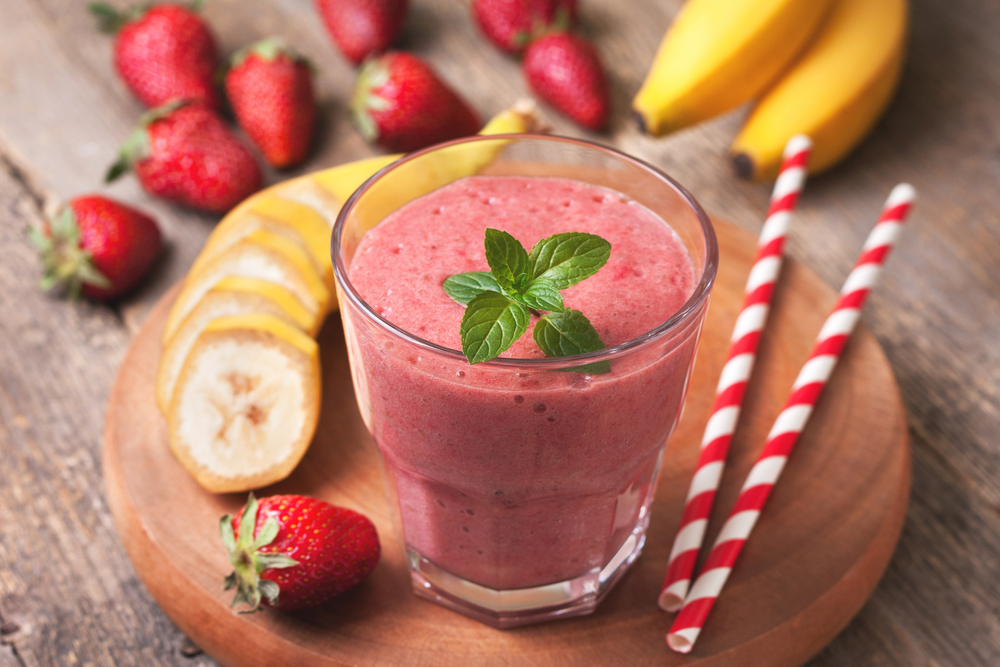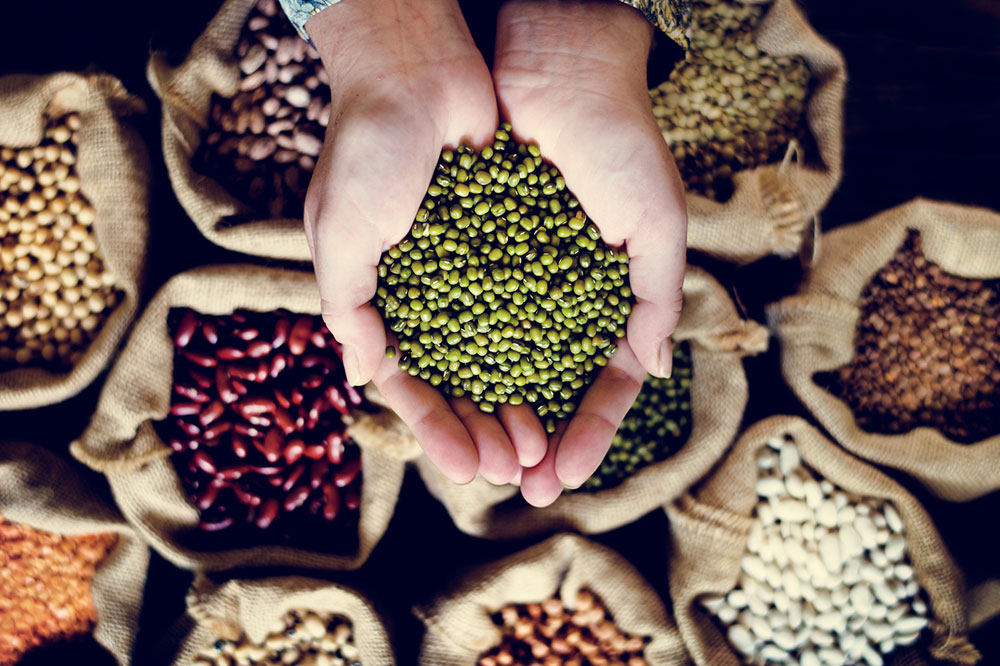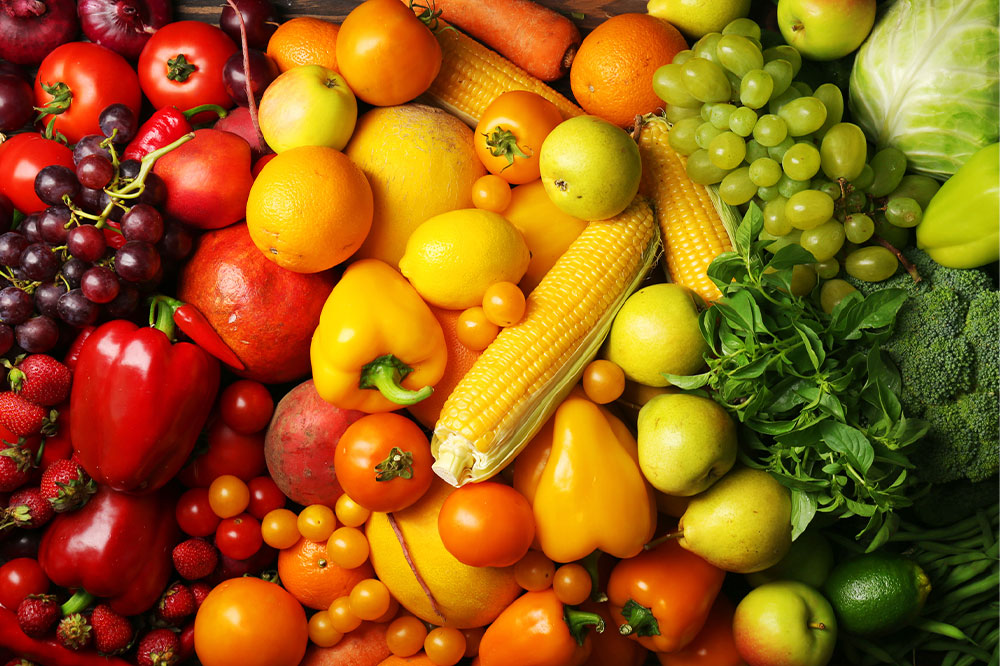Six Nutritional Strategies to Support Prostate Cancer Care
This article highlights six key foods that can support prostate cancer management, emphasizing their role in boosting overall health and potentially reducing cancer progression. Nutrient-rich options like cruciferous vegetables, tomatoes, fatty fish, green tea, legumes, and berries are discussed for their protective properties and health benefits, making them valuable additions to a prostate-friendly diet.
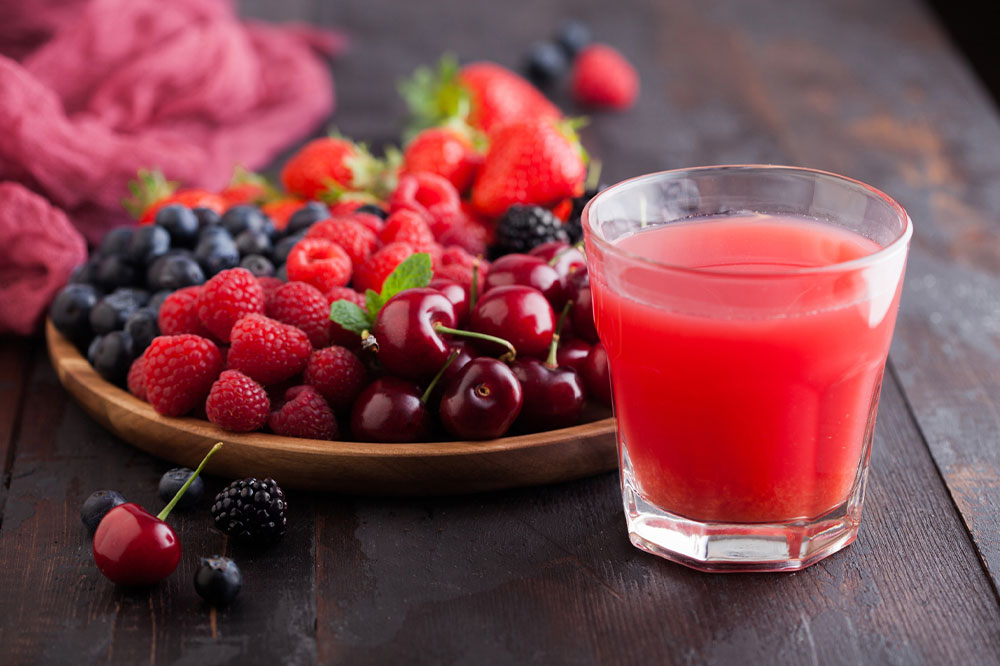
Six Nutritional Strategies to Support Prostate Cancer Care
Prostate cancer develops when abnormal cell growth occurs within the prostate gland, a small organ situated between the penis and rectum. While no single food can eliminate prostate cancer, a nutrient-rich diet plays a vital role in managing the condition and mitigating treatment side effects. Incorporating specific healthy foods can help bolster overall health and possibly slow cancer progression. Here are six foods beneficial for those battling prostate cancer.
Cruciferous Vegetables
Cruciferous veggies like broccoli are powerhouses of nutrients and phytochemicals that may target and destroy prostate cancer cells, lowering the risk of disease development.
The contained compounds may help reduce prostate cancer risk.
Tomatoes and Red Fruits
Tomatoes are rich in lycopene, a potent antioxidant that may slow cancer cell growth and reduce cellular damage. Other lycopene sources include watermelon, guava, and papaya, which can be beneficial if tomatoes are less accessible.
Fatty Fish
Cold-water fatty fish such as salmon, mackerel, sardines, herring, and trout are abundant in omega-3 fatty acids, known to decrease inflammation and potentially inhibit tumor growth. Aim for consumption 2-3 times weekly.
Green tea offers a rich supply of antioxidants that might prevent prostate cancer and its progression. Drinking at least one cup daily can be especially helpful during early-stage cancer management.
Legumes
Beans, lentils, and peanuts contain phytoestrogens, plant compounds that may help fight prostate cancer. They are also excellent sources of protein and essential nutrients, supporting overall health. Nutrient-rich options include kidney beans, soybeans, and chickpeas.
Berries
High in antioxidants and vitamin C, berries like strawberries, blueberries, blackberries, and raspberries can protect healthy cells from damage caused by free radicals, aiding in cancer prevention.
Note:
The information provided concerning symptoms, treatments, and health conditions is for educational purposes only. It should not be considered medical advice. Always consult licensed healthcare professionals for diagnosis and treatment options. Use this information as a general guide and seek expert consultation for personalized care.

